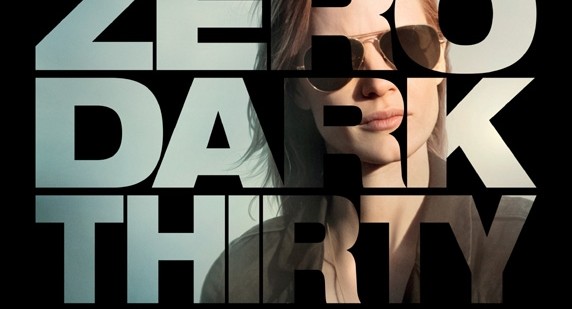‘Waterboarding’– a form of torture used by the US military on captured suspects and criminals accused of terrorism–has been much debated here in this space. It’s come up because in Kathryn Bigelow’s Zero Dark Thirty, about the hunting and killing of Osama bin Laden, a prisoner is waterboarded at the start of the movie by a US agent played by actor Jason Clarke.
There’s been a big debate here over whether waterboarding is effective, and/or actually dangerous. But Clarke told me at a lunch for “Zero Dark Thirty” last week at the 21 Club that it is dangerous and life threatening. He should know: he tried it on set. “Of course, it’s a lot different when you know it can be stopped, and people are there to make sure nothing bad happens.”
It was actually the second time the affable actor and I had discussed this. We’d started the conversation a few days before, at the Governor’s Ball for the Motion Picture Academy. Bigelow and screenwriter Mark Boal were nearby, and they confirmed it.
This time, actress Jessica Chastain–who plays the real life CIA agent on whom the movie is based– overheard us. “You really tried it?” she said to Clarke. “I did,” the Australian actor replied, ” and I can tell you, it’s not something you ever want to do. But I wanted to understand the experience.”
Waterboarding, in case you’re confusing it with water-skiing or surfboarding it, entails pouring water over the face and into the mouth of a restrained prisoner in order to drown or suffocate them. It can easily kill its victim, or cause permanent kinds of damage involving the brain or lungs.

